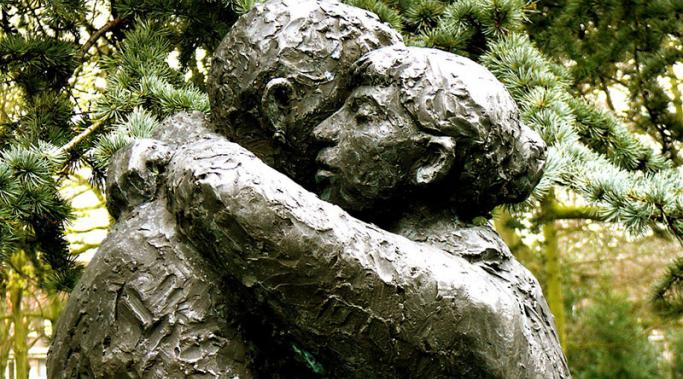Recovery from, or prevention of, sexual assault - this is our concern, in this pair of videos. As my blog co-author, Michele Rosenthal, has told us, "‘self-efficacy’ refers to one’s ability to feel ‘effective’", and achieving that must be a part of your recovery or prevention project. She also referred us to psychologist Albert Bandura's assertion that self-efficacy derives from one's ability to feel confident in specific situations.
PTSD Videos
Any sexual assault event leads naturally to a question: how can one get back one's sense of personal safety, after such a catastrophe? Michele’s July 24 blog post - PTSD and Self-Efficacy: Being Able to Protect Yourself - launches into this question, and it got a distinct reaction from me. I urgently wanted to add something to what she had to say - a male perspective on the problem of personal safety and how to achieve it.
When you see a child acting out and misbehaving, or an adult who seems unable to focus, connect or control emotions, how often do think to yourself, "Hmmm, I wonder if there's trauma in that person's background..." More often than not we just blame and feel abused and/or frustrated by such behaviors - even when they're our own.
Understanding the link between childhood trauma and negative behavior patterns can be critical to treating them.
As someone struggling with PTSD, you've probably had a nightmare or two that evokes either your direct traumatic experience or the feelings that went along with it.
Why do we have nightmares? What is their purpose? Is it possible to get them to stop?
On my journey to PTSD recovery, one of the first distress techniques that my therapist taught me was meditation. When he suggested it, my first thought was, "You've got to be kidding me!"
My mind and body were always racing, how was I supposed to slow down far and long enough to meditate?
That pesky conundrum: to forgive or not to forgive in PTSD recovery? I recently interviewed a psychologist who had a terrific approach to forgiveness. She said that it can be done at any time according to any process dependent on the perspective of the survivor. Why do I love that position? Because unlike others who say, "You must forgive before you can heal!" it leaves the decision in the hands of the person in which it belongs: you.
During my own PTSD decades (yes, I struggled for 25+ years!), one of the toughest things for me was having to be around other people when I felt horrible, depressed, anxious, angry, sleep-deprived and just generally dysfunctional.
After trauma it's very typical to feel completely disconnected from yourself, others and the world. We live in what I call 'default mode': We respond and react instead of create and act. Why is that a problem? Because one of the hallmarks of PTSD is a sense of powerlessness.
If you're one of over 24 million people in the US who struggle with symptoms of posttraumatic stress disorder then you probably know exactly what it feels like to dissociate. When a situation, emotions or triggers cause you to feel overwhelmed, anxious, frozen or terrified the mind offers a typical (and really fantastic) coping mechanism: you go somewhere else in your head.
While dissociating can be a life-preserving response it can become a habit that severely inhibits PTSD recovery efforts. Part of healing means learning to become more present.
Here's the funny thing about the PTSD experience: Uncomfortable emotions become so familiar you don't even notice that you have them!
For example, in my own recovery, it wasn't until the anxiety disappeared that I realized I'd been living in such a state of high anxiety. Why is that??


